9 Health Tips from LPI Diet & Optimum Health Conference
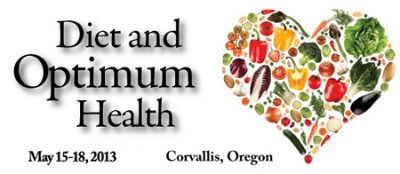 In my time at USANA, I have come to love “nerding out” on the latest science about nutrition. So, I jumped at the chance to attend the Linus Pauling Institute’s Diet and Optimum Health Conference in the beautiful town of Corvallis, Ore. And my inner nerd definitely was not disappointed.
In my time at USANA, I have come to love “nerding out” on the latest science about nutrition. So, I jumped at the chance to attend the Linus Pauling Institute’s Diet and Optimum Health Conference in the beautiful town of Corvallis, Ore. And my inner nerd definitely was not disappointed.
During the conference, the LPI is a place where it’s not uncommon to overhear conversations between scientists from around the world talk about their latest work with epigenetics or their observations from their research on how soy could be influencing the health of people in Japan. It’s a place where the brightest minds are invited to come share and inspire each other with their latest discoveries.
Admittedly, there were a large portion of the presentations that this marketing girl couldn’t even begin to comprehend, but there were a number of interesting, broad takeaways from the event that you can use today to protect your health:
- It’s old news, but it was reiterated often: Supplements cannot replace healthy habits. They must be supplemental to a varied diet that is low on empty calories and full of healthful, nutrient-dense vegetables, fruits, and whole grains. Exercise, a healthy weight, stress management — all are important to health and cannot be skipped.
- Eating a Mediterranean diet, rich in nuts and olive oil, and low-glycemic carbohydrates still appears to be the healthiest approach to eating for health and long-term weight maintenance.
 Because 50 percent of pregnancies are unplanned, EVERYONE who has even a slight chance of getting pregnant or who could get someone pregnant should strongly consider taking a comprehensive multivitamin with ample levels of not only folic acid, but also vitamin D, C, E, selenium, zinc, and phytochemicals like lycopene. Women should supplement all the time because the functions that require the most folic acid occur so early during pregnancy, most women haven’t even realized they’re pregnant yet. And men’s fertility and sperm quality is also affected by deficiencies, meaning they are more likely to have healthier babies if they maintain adequate nutrient status, too.
Because 50 percent of pregnancies are unplanned, EVERYONE who has even a slight chance of getting pregnant or who could get someone pregnant should strongly consider taking a comprehensive multivitamin with ample levels of not only folic acid, but also vitamin D, C, E, selenium, zinc, and phytochemicals like lycopene. Women should supplement all the time because the functions that require the most folic acid occur so early during pregnancy, most women haven’t even realized they’re pregnant yet. And men’s fertility and sperm quality is also affected by deficiencies, meaning they are more likely to have healthier babies if they maintain adequate nutrient status, too.- Adequate levels of essential nutrients are critical for a baby’s development and long-term health. One presenter found that there are persistent alterations in behavioral and cognitive function caused by iron deficiencies that cannot be corrected with supplementation after the baby is born. Vitamin D status, too, was linked to future mental health. And birth weight, which has been tied to a number of nutrients, has been linked to maintaining normal blood pressure levels later in life.
- Vitamin D was practically the superstar of the event — linked to any number of health outcomes. You simply need to supplement with Vitamin D3, as it’s incredibly difficult to get enough from the diet and sun exposure. The general consensus was that people should aim for 40-60 ng/mL in their blood (which can be measured by your doctor), and an informal question posed to the group revealed that the experts in the field take at least 1,000 IU per day—most took more.
- Consuming at least 250 mg/day of long-chain omega-3 polyunsaturated fats (from fish) won’t necessarily make you invincible, but it is definitely useful for heart health and longevity. New research also suggests that EPA+DHA is also useful for helping the liver deal with the fat in our Western diet.
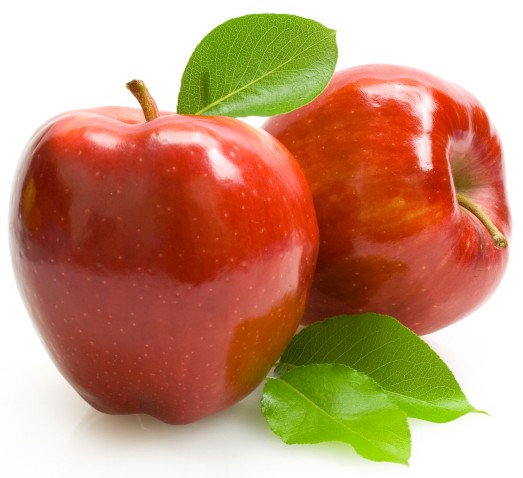 Organic fruits have better levels of heart-friendly polyphenols because the polyphenols are what the plant uses to protect itself — so, when you can, go organic when you buy berries. Other good flavonoid sources: tea, apples, red wine, olives and olive oil (extra virgin), coffee, flaxseed, and of course dark chocolate. To get the biggest polyphenol bang for your buck, buy dark chocolate that is minimally processed and contains 70-80% cocoa. And don’t go crazy — you still want to watch your sugar and calorie intake!
Organic fruits have better levels of heart-friendly polyphenols because the polyphenols are what the plant uses to protect itself — so, when you can, go organic when you buy berries. Other good flavonoid sources: tea, apples, red wine, olives and olive oil (extra virgin), coffee, flaxseed, and of course dark chocolate. To get the biggest polyphenol bang for your buck, buy dark chocolate that is minimally processed and contains 70-80% cocoa. And don’t go crazy — you still want to watch your sugar and calorie intake!- Remain skeptical. Don’t believe every health story you see on TV or read in the newspaper. Make sure to conduct your own research using trusted sources.
- Stopping the childhood obesity epidemic is the greatest and most important fight of our lifetime—and looking at the emerging epigenetic data, for lifetimes to come. The whole family is integral to establishing or changing to healthy behaviors. Dr. David Ludwig, author of the book Ending the Food Fight, offered practical tips that focus on three factors: (1) Biology. Eat a low glycemic load diet and include an activity plan that includes fun and movement all day. (2) Behavior. Parents need to use age-appropriate tools to teach children healthful lifestyles without causing conflict. (3) Environment. Protect children from temptations and poor choices by controlling the home environment and any other environments that you can impact in your community.
Finally, I was particularly impressed by the commitment to quality science at the conference. On more than one occasion, presenters emphasized the importance of designing studies correctly and studying outcomes in the correct populations. Everyone who participated genuinely desired to contribute something positive to the discussion around nutrition and health. One scientist even went home with a Linus Pauling Institute Prize for Health Research.
And the conference was not just a meeting of the scientific minds. The final day of the conference was open to the public, so anyone could come and learn about immediate actions they could take to begin to move their health in the right direction. There are videos of the presentations accessible on the LPI website (I highly recommend Dr. Ludwig’s and Eric Rimm’s presentations; although, all are valuable).
Seeing all of the science in action, I found it so gratifying to know that USANA supports the LPI and the Diet and Optimum Health Conference. Together we can encourage cutting-edge discoveries and community education that will be a true catalyst for helping people live not just longer, but also better, healthier lives.
We’re proud to bring you the freshest content on the web! Follow USANA on Twitter, like our USANA Facebook page and enjoy the latest videos on the official USANA YouTube channel.
Learn what USANA is doing to make the world a better place.
The future of personalized health and nutrition is now available with USANA’s True Health Assessment.


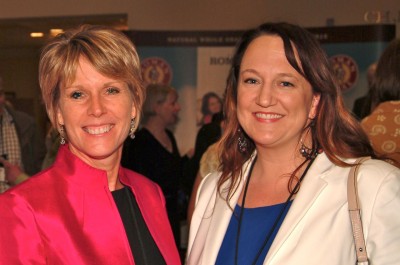

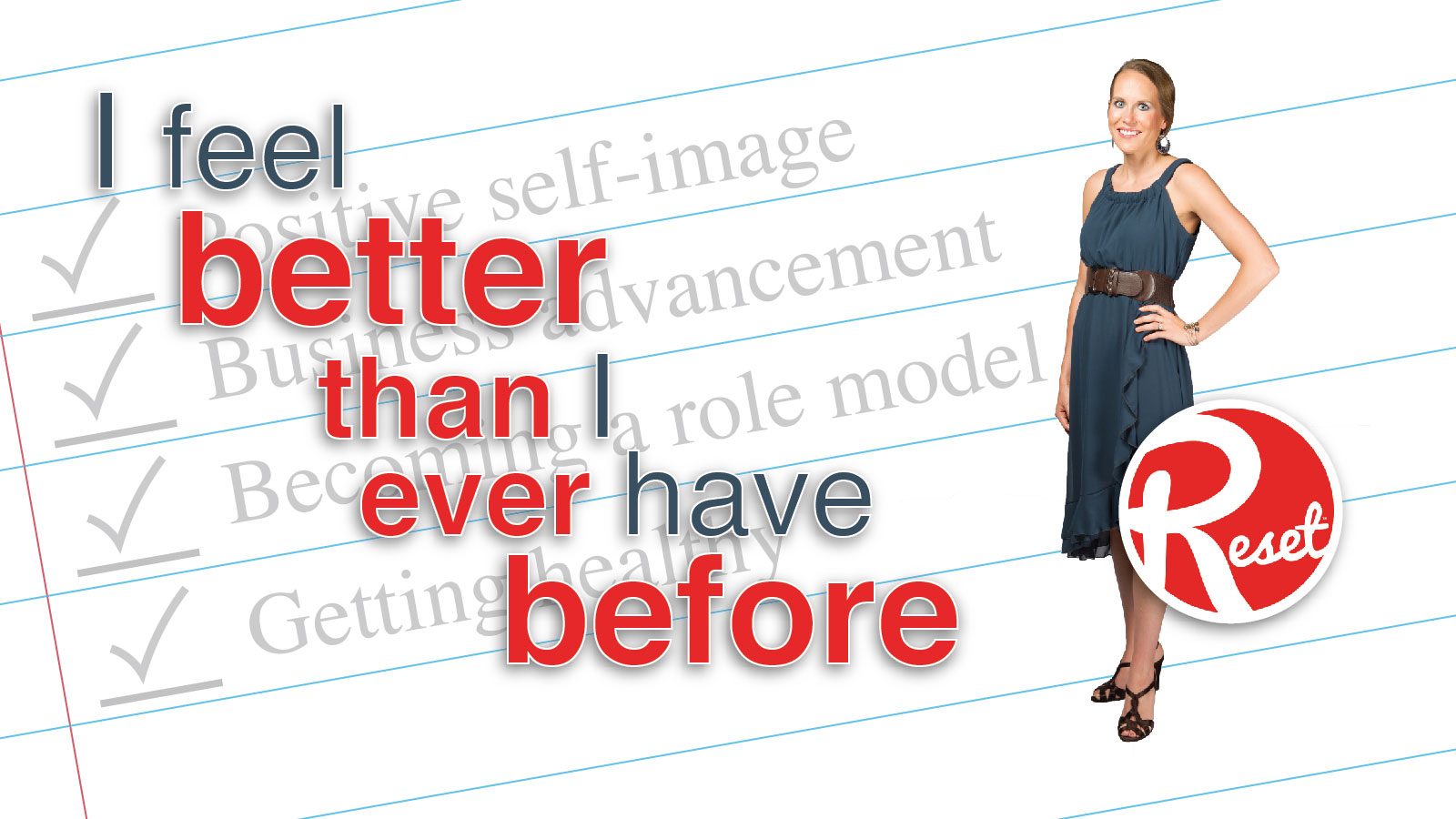
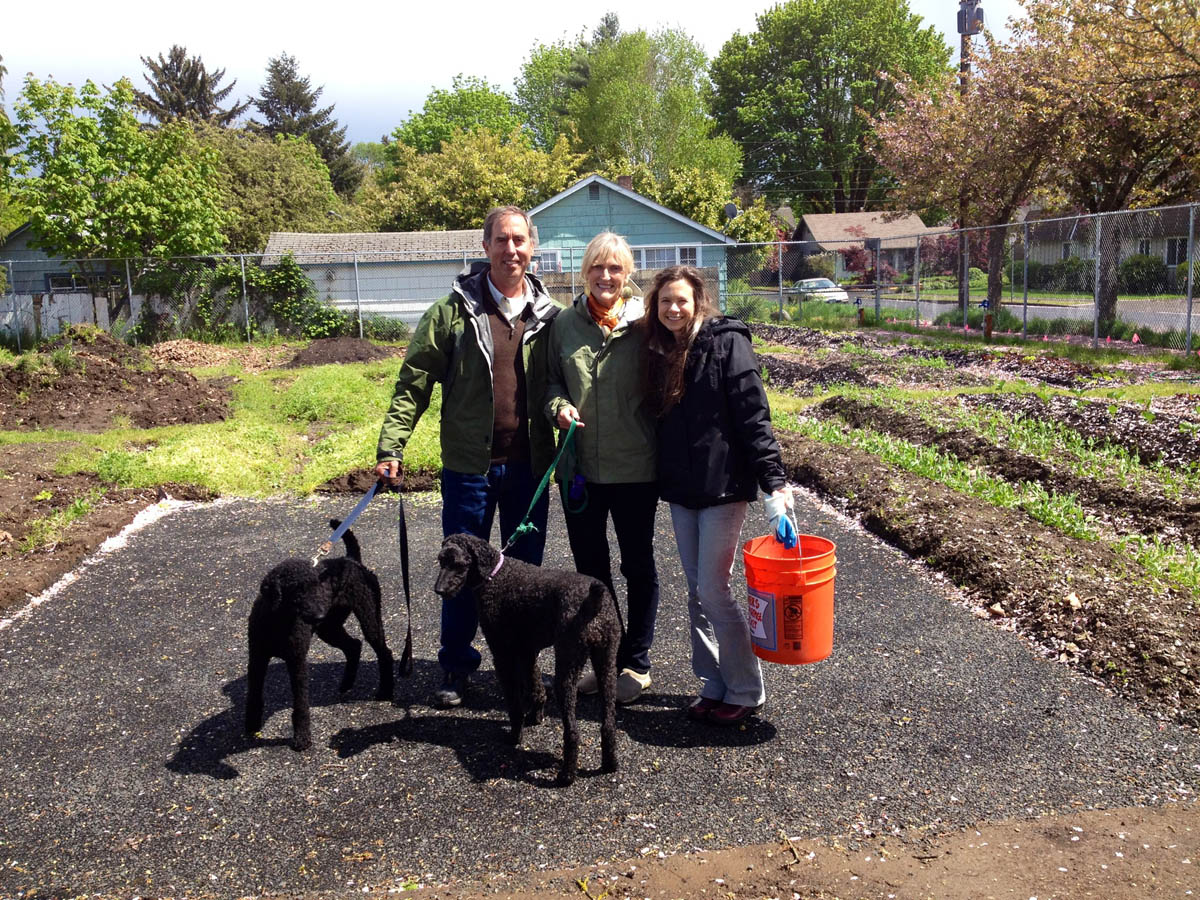

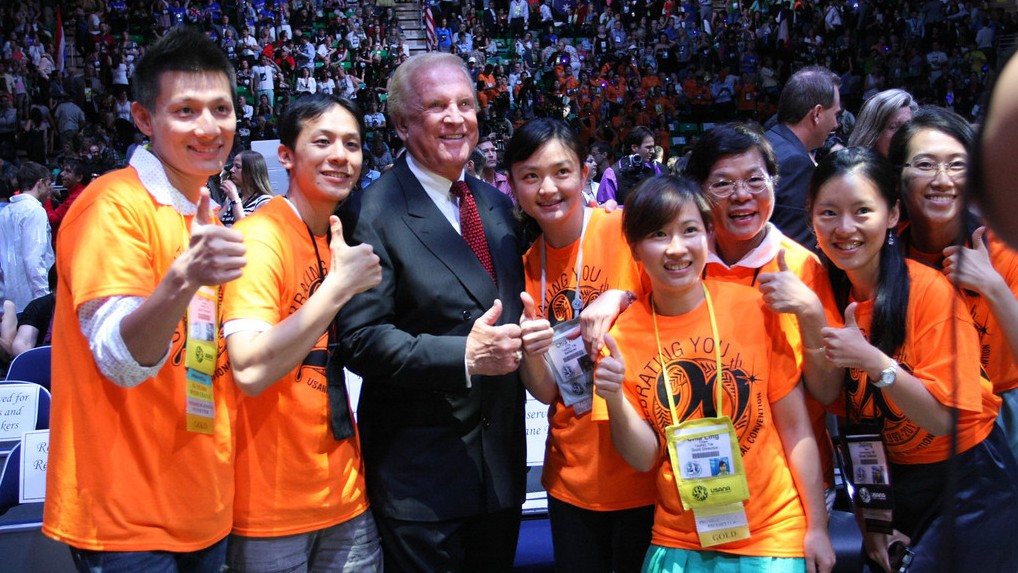


Yay!!!!!!